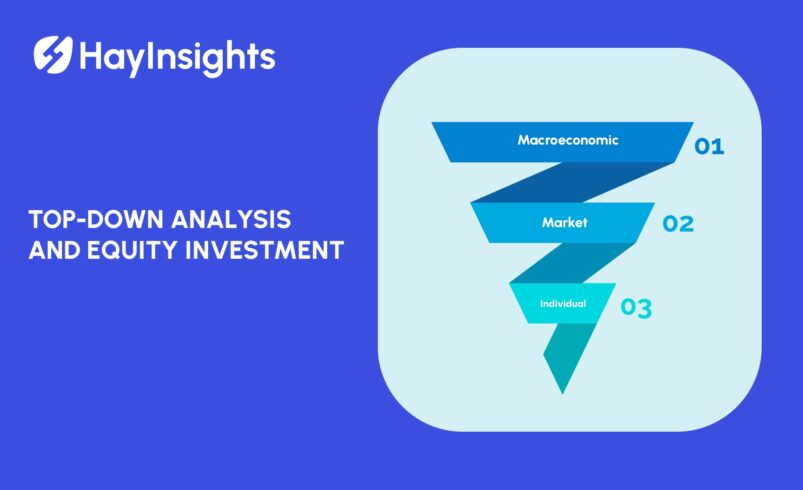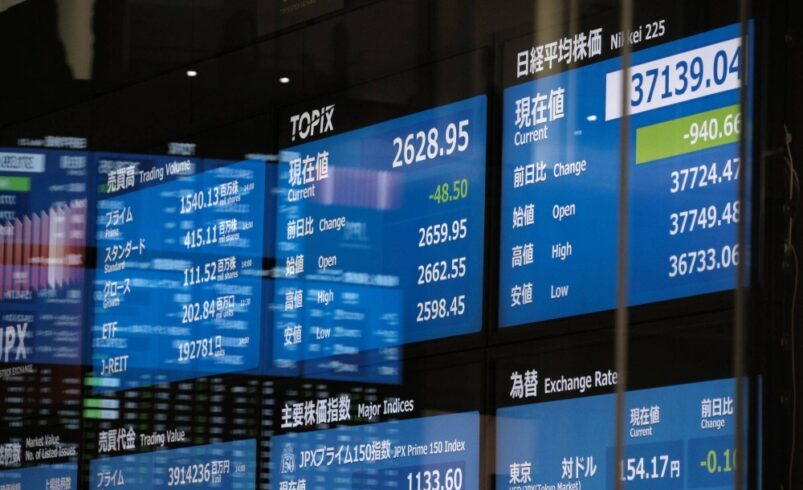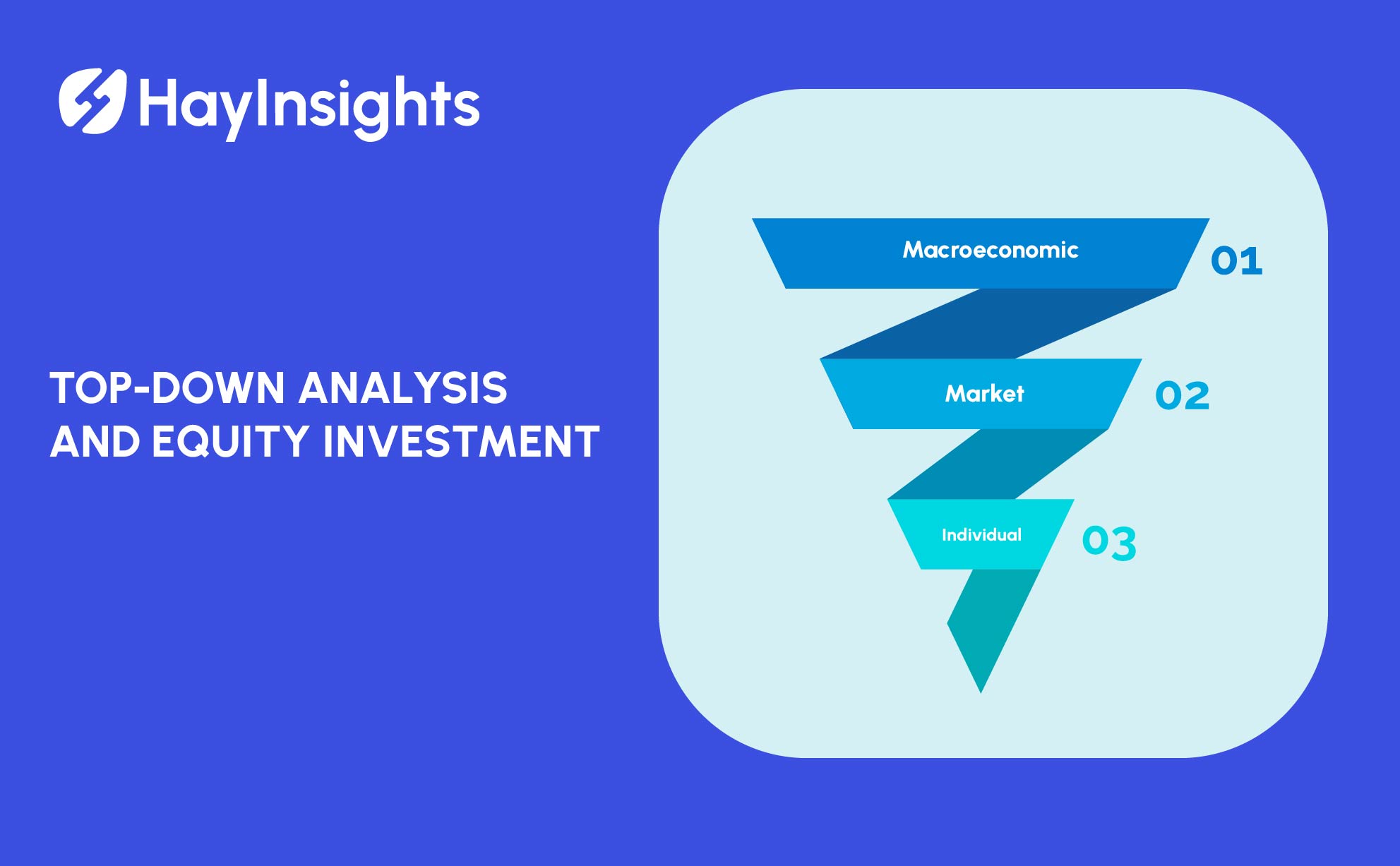
インデックスを紐解く: 知っておくべきことすべて
In the intricate world of investing, indices serve as beacons, guiding investors through the turbulent seas of the stock market. An index, in its essence, is a statistical measure that represents the performance of a basket of stocks, encapsulating the health and trends of a specific segment of the financial market. This article delves into the concept of an index, its crucial role in investment decision-making, and its specific application in the vibrant Japanese stock market.
What is an Index?
An index is a curated group of stocks that represents a particular market or sector. It’s calculated from the prices of selected stocks, providing a snapshot of their collective performance. For instance, equity indices focus on stocks to gauge the health of equity markets. The creation of an index involves selecting stocks based on criteria such as market capitalization, industry, and liquidity, ensuring a comprehensive overview of the market segment it represents.
Indices are pivotal for investors and analysts as they offer a distilled view of financial data and historical data, making them indispensable tools for gauging market sentiment, benchmarking fund performance, and identifying investment opportunities.
How Does an Index Help?
Benchmarking Performance
One of the primary applications of an index is to serve as a benchmark for investors and fund managers. By comparing the performance of their investments against a relevant index, investors can objectively assess how well their portfolio is doing. This comparison helps in making informed decisions about reallocating assets, adjusting strategies, or reassessing risk exposure.
Market Insights
Indices provide valuable insights into market trends, helping investors understand which sectors are flourishing and which are declining. This information is crucial for making informed decisions, whether it’s for short-term trading or long-term investment strategies.
アクセシビリティ
For individual investors, investing directly in an index through index funds or exchange-traded funds (ETFs) offers a way to gain exposure to a wide range of stocks without the need to invest in each one individually. This approach not only diversifies risk but also simplifies portfolio management.
Application in the Japanese Stock Market
Japan’s stock market, known for its dynamism and innovation, is home to several significant indices that reflect the economic and financial health of the country. The most notable among these is the Nikkei 225, an index comprising 225 top-rated companies listed on the Tokyo Stock Exchange (TSE). It is a price-weighted index, similar to the Dow Jones Industrial Average in the United States, providing insights into the performance of the Japanese equities market.
Another key index is the TOPIX (Tokyo Stock Price Index), which includes all domestic companies of the TSE’s First Section. Unlike the Nikkei 225, the TOPIX is a market capitalization-weighted index, offering a broader and more inclusive view of the Japanese stock market.
Investment Strategies
Investors looking to engage with the Japanese stock market can leverage these indices in several ways. One popular approach is through index funds and ETFs that track the performance of the Nikkei 225 or TOPIX. These financial instruments provide investors with an efficient way to gain exposure to the Japanese market, benefiting from its growth potential while mitigating the risks associated with individual stocks.
Analysis and Forecasting
Financial analysts use historical data from these indices to identify trends, forecast market movements, and advise on investment strategies. By analyzing the performance of the Nikkei 225 and TOPIX, experts can deduce the health of the Japanese economy, the impact of global economic events on Japan, and the potential for future growth.
Global Significance
The Japanese stock market is a critical component of the global financial system. Indices like the Nikkei 225 and TOPIX are not just indicators of Japan’s economic status but also serve as benchmarks for international investors looking to understand Asia’s economic landscape. Their performance can influence investment flows, currency rates, and global market sentiment, underscoring the interconnectedness of the world’s financial markets.
Where to find index information?
You can find information about these indices on the government’s official websites, such as the 日本取引所グループ. Yahoo Finance or Trading View also provides this information and detailed charts. However, if this information is rather complicated to understand, you can visit HayInsights にアクセスしてください – an AI-powered financial data hub on the Japanese market, and ask the HayChatbot to analyze and summarize all the data for you. Indices presented on HayInsights include all Japanese ones and even neighboring markets.
結論
Indices are more than just numbers on a screen; they are a synthesis of financial data and historical data, offering a window into the health and direction of stock markets. In the context of the Japanese stock market, indices like the Nikkei 225 and TOPIX are invaluable tools for investors seeking to navigate its complexities. They provide a blend of insights, accessibility, and investment opportunities, making them indispensable in the toolkit of anyone looking to engage with equity markets. As we continue to witness fluctuations and trends in the global economy, the importance of indices in investment decision-making and strategy formulation cannot be overstated.













